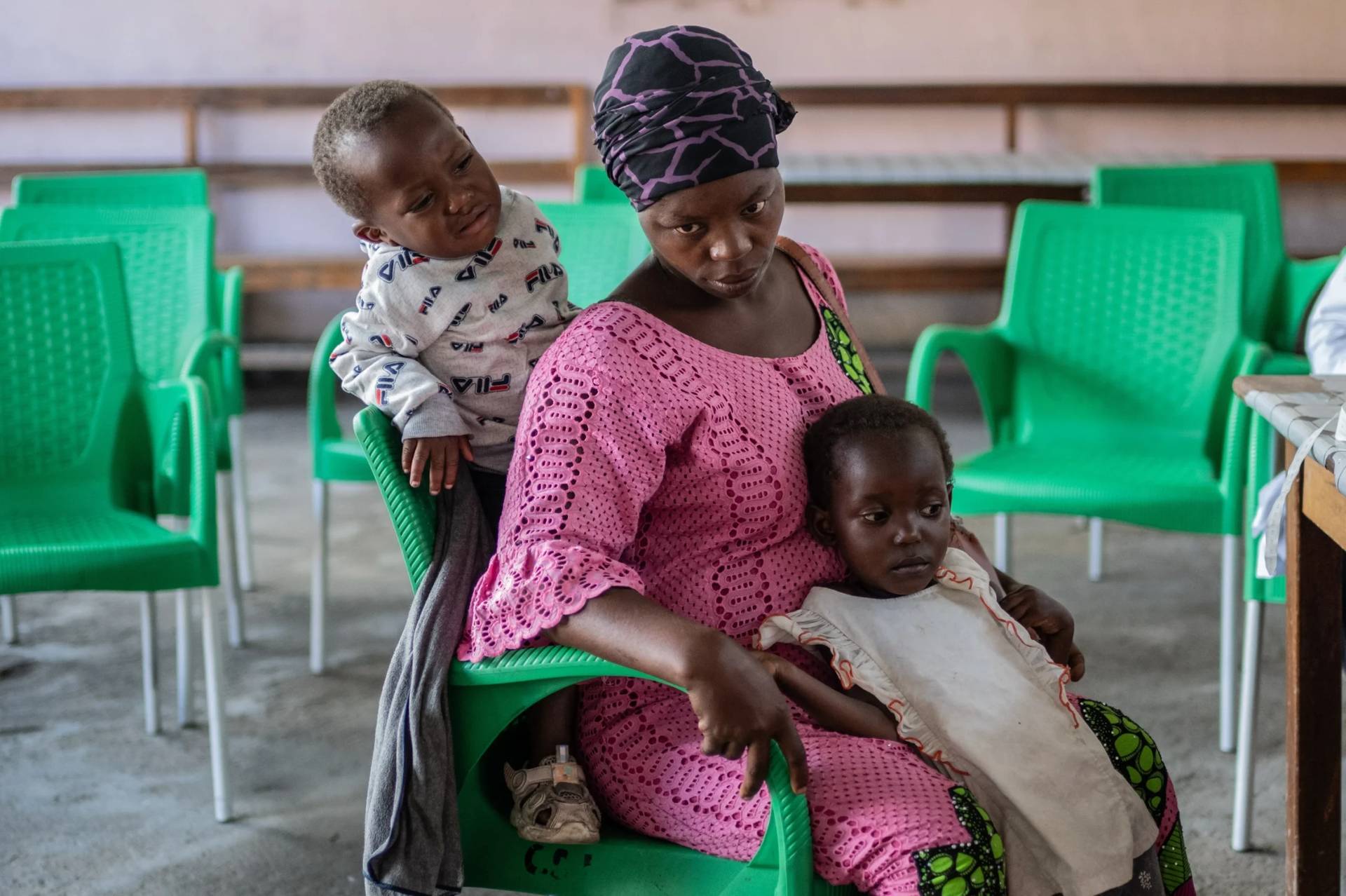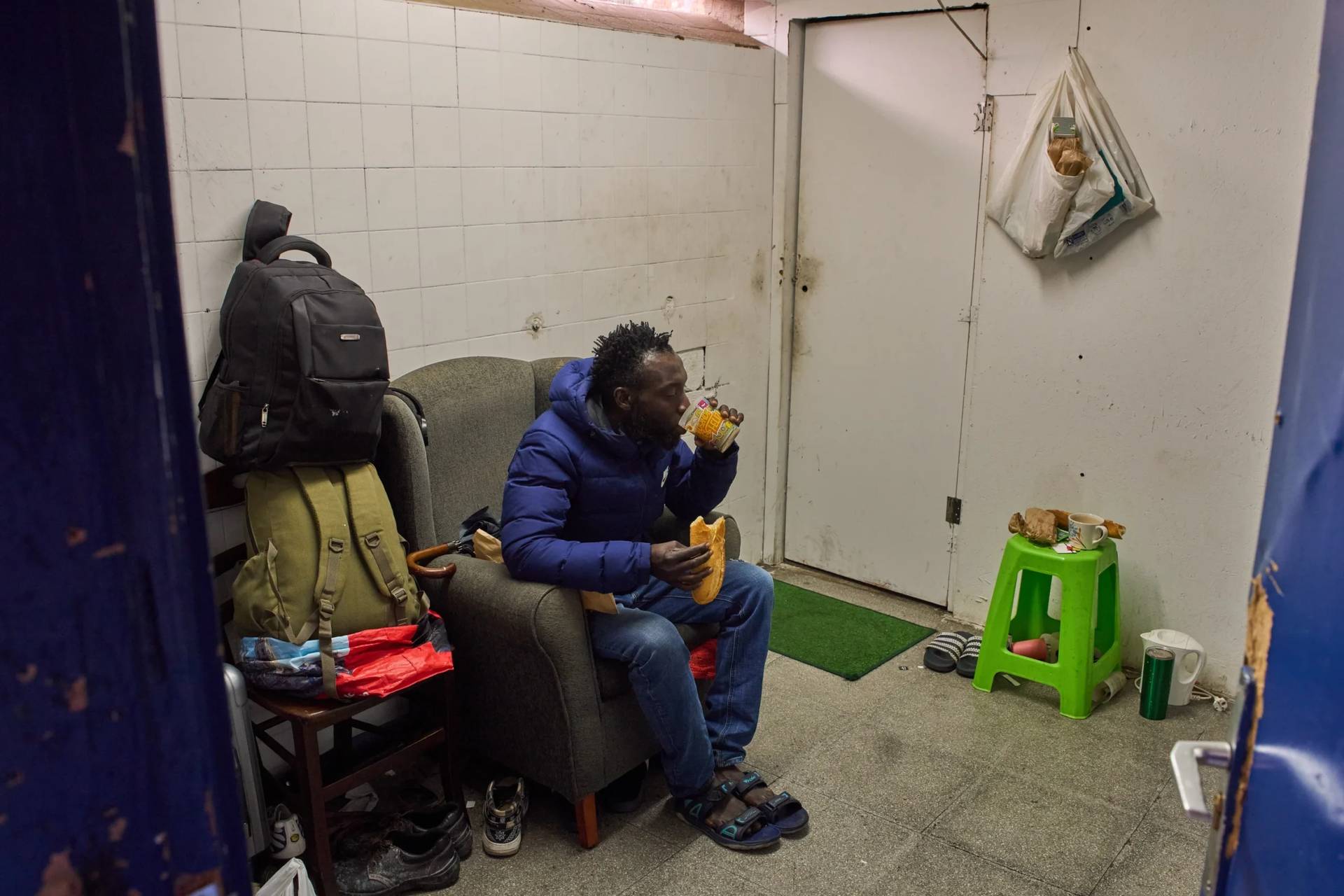They traverse an “underground railroad” system as they make their escape from their captors. They stay in safe houses, scattered across the country to hide and protect them.
Similar to the enslavement of African-Americans 150 years ago, today’s slavery is more commonly called human trafficking, be it women forced into sex work against their will, or immigrants coerced into working long days picking fruit and vegetables without payment.
“Human trafficking, it’s a euphemism for slavery. Let’s just call this what it is. It’s modern-day slavery,” said Luis CdeBaca, a State Department ambassador fighting global slavery, speaking on a panel at the Religion Newswriters Association conference in Atlanta Thursday.
Sister Marlene Weisenbeck, who works to coordinate anti-human trafficking efforts among Catholic nuns in the US, and who served as an advisor to the White House on these issues, said faith-based groups play a key role in both pressuring lawmakers to take action and providing relief to victims of trafficking.
“It’s truly appropriate for faith-based groups to be involved in the abolition of slavery, because almost every religious has some doctrinal statements about the inherit dignity of the human person,” she said.
At the national level, women religious lobby lawmakers to pass stronger anti-trafficking laws, pass joint resolutions, and provide training and guidance to individual religious communities. Catholic nuns run nearly a dozen safe houses for women who are victims of human trafficking, she said, and they run an “underground railroad” to provide a safe way for some of the nearly 17,000 victims of human trafficking in the US to escape and receive healthcare.
In bringing attention to the issue, creativity is key, Sister Weisenbeck said. She pointed to Catholic institutions that divest from companies known to be complicit in human trafficking, and others that invest in them so that, as stakeholders, they can press the company to change.
At the international level, the issue is being addressed by the Global Freedom Network — a collaboration of Pope Francis; the Archbishop of Canterbury; Justin Welby, the Grand Imam of Al Azhar, Egypt; Dr. Mahmoud Azab, and Andrew Forrest, founder of the Walk Free Foundation.
But it’s at the local level where individuals can make a difference, panelists said.
Some Catholic communities have put pressure on hotels to train employees to recognize signs of trafficking, remove publications that falsely advertise protection, and use even unlikely spaces to remind people that slavery still exists.
“I was featured at halftime at a roller derby to talk about efforts to fight human trafficking,” Sister Weisenbeck said.
The role of Catholic nuns in fighting trafficking is having an impact on law enforcement, too.
“You hear guys with badges and guns saying ‘women religious’ instead of ‘religious women’, so we’ve come a long way,” CdeBaca said.
“We rely on them tremendously,” said Alia El-Sawi, a victim assistance specialist for the Department of Homeland Security. “We find that a lot of the survivors actually do feel comfort in working with a faith-based organization.”
But, she said, some victims may not feel comfortable with faith-based organizations, so non-faith-based organizations are essential, too.
“Faith communities are notorious for being places of condemnation and judgment. We must be about loving well,” said Jeff Shaw, who runs the anti-trafficking group Out of Darkness.
Do religious communities sometimes hinder efforts to help victims of trafficking?
“Any denomination’s exclusive focus on abortion, contraception, and sterilization can make the work very difficult,” she said, because victims sometimes feel condemned, unworthy of help. “It’s about walking with the individuals, one by one by one, and starting with them where they are. Doctrines are precious, and we believe them, but that’s not how you start your response.”












